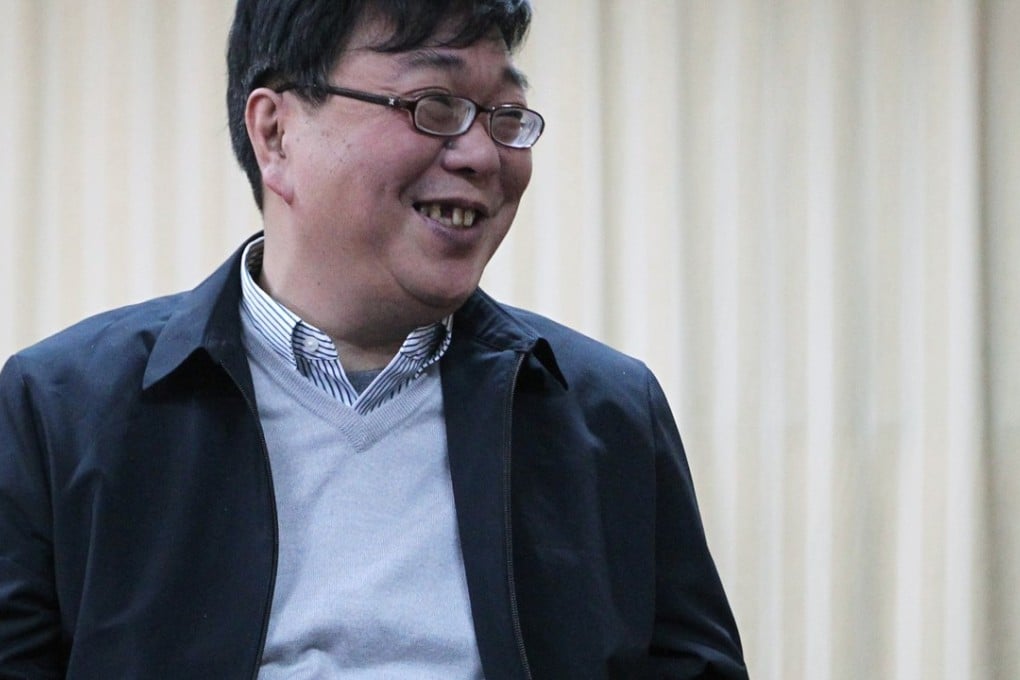Sweden ‘using me as chess piece’ says detained Hong Kong bookseller Gui Minhai in government-arranged interview
In the meeting with the media - which SCMP agreed to provided no conditions were placed on the questions it asked - Gui said he was not forced to face the press and that he wants Swedish authorities to stop interfering in his case

Detained book publisher Gui Minhai on Friday accused the Swedish government of using him as a “chess piece” to make trouble for Beijing, claiming in an interview arranged by Chinese authorities that he did not want to leave the country.
Speaking at a detention facility in Ningbo, Zhejiang province, he said: “The year 2018 is election year in Sweden … some politicians might be using me for political gains. I can’t rule out that some are trying to use me to create trouble for the Chinese government.”
I have seen through the Swedish government ... I may consider giving up my Swedish citizenship
The 53-year-old, mainland-born but a naturalised Swedish citizen, went on: “I have seen through the Swedish government. If they continue to create troubles, I may consider giving up my Swedish citizenship.”
Gui made the accusations in a 20-minute interview with several Hong Kong, Taiwanese and mainland media groups arranged by the Ministry of Public Security.
The Post agreed to the interview with strictly no conditions attached on the questions it could ask after it was approached by the ministry on Wednesday.
After the interview, the ministry issued a statement saying the authorities had imposed criminal coercive measures – a euphemism for detention – on Gui on suspicion that he leaked state secrets abroad.